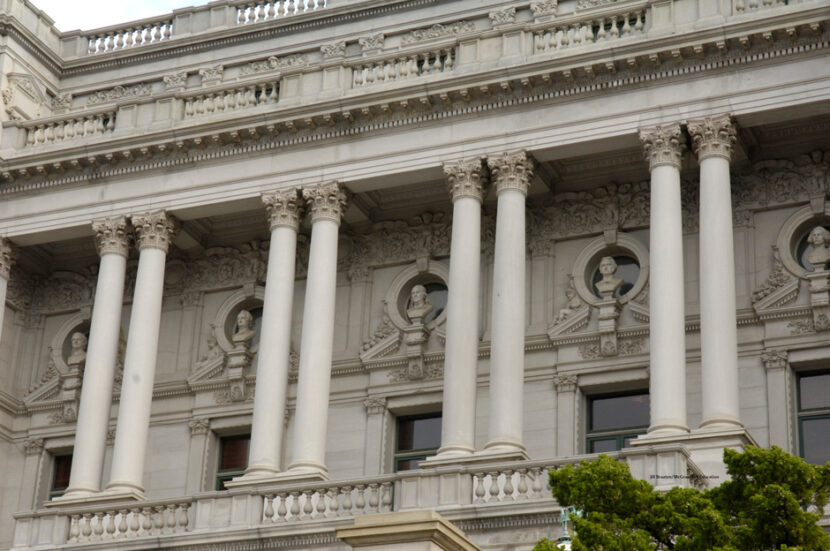Paul Ryan Retiring?
Paul Ryan, the Speaker of the House of Representatives, announced last week that he will not be seeking another term when his current one expires in January. This is the latest in a series of surprising Republican retirements this year. Here, Election Central takes a look at why Ryan is choosing to resign, the legacy he leaves behind, and what his departure could mean for the Republican Party.
Related Link: More from Election Central about the trend of Republican Party retirements from Congress.
Who Is Paul Ryan?
Ryan, who is 48-years-old and a representative from Wisconsin, has served in Congress since 1999, and as the Speaker of the House since October, 2015. The Speaker of the House is the leader and administrative head of the U.S. House of Representatives. The Speaker is also the third in the presidential line of succession, after the president and vice president (this means that if something happened to the president and vice president, the Speaker would become president).
So what has Ryan accomplished while in Congress? He first became a nationwide household name in 2012, when he ran for vice president on Mitt Romney’s ticket against Barack Obama and Joe Biden. As Speaker of the House–the youngest person ever to take on that role–Ryan experienced successes and failures. In 2017, he led the charge to replace the Affordable Care Act (ACA, or “Obamacare”) with a proposal called the American Health Care Act (AHCA), but was unable to get it passed despite several revisions. However, Ryan did help Trump and the Republicans pass the recent tax bill, the Tax Cuts and Job Acts of 2017, which Trump signed into law in December. According to Ryan, this was one of his biggest achievements, along with the increased military spending bill which was passed last month.
Related Link: Review last year’s attempts by the GOP to repeal the Affordable Care Act.
Why Is He Retiring?
Ryan claims that his decision not to seek reelection has nothing to do with Trump or the current unpopularity of the Republican Party. Rather, he says there are two reasons for his decision. The first is that he wants to spend more time with his children, who are currently teenagers. And the second is that he feels he has already accomplished much of what he went to Washington to achieve.
Many Democrats, however, are suspicious of these reasons. These critics point out that if Democrats manage to take control of the House after this November’s elections, then Paul Ryan would no longer be Speaker anyway. By retiring, Ryan will leave on his own terms.
What Does This Mean For Republicans?
Ryan insists that Republican candidates still have a strong platform on which to run in November. He says that his departure won’t affect the Republican Party’s ability to retain control of Congress. But many political analysts say that Ryan’s decision to retire may convince other Republicans, who might be on the fence about running again, to follow his example and not seek reelection after all.



